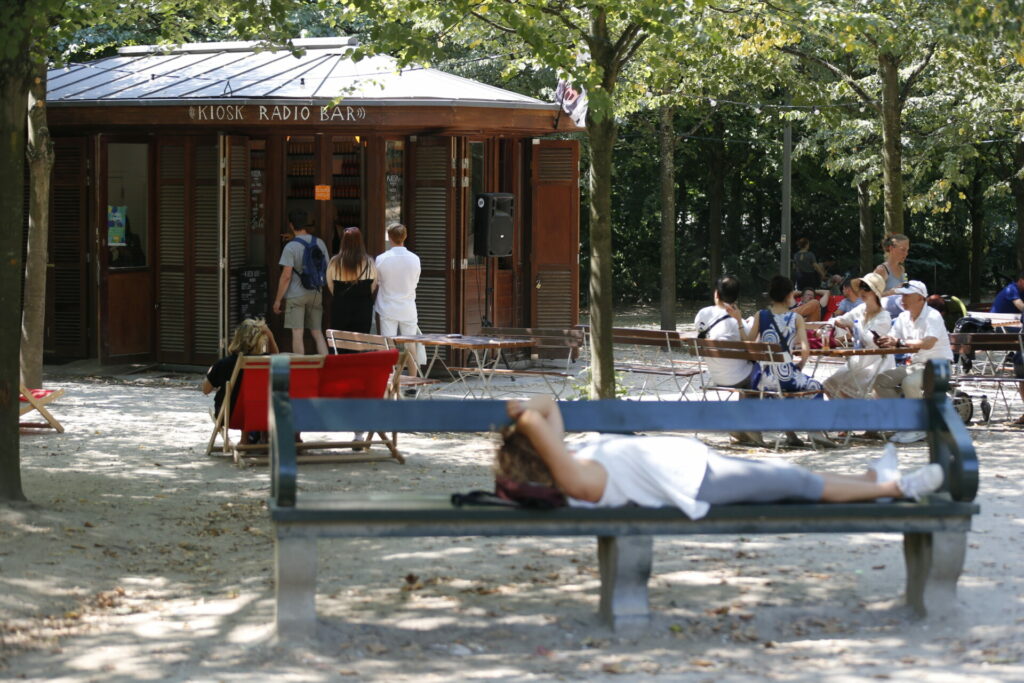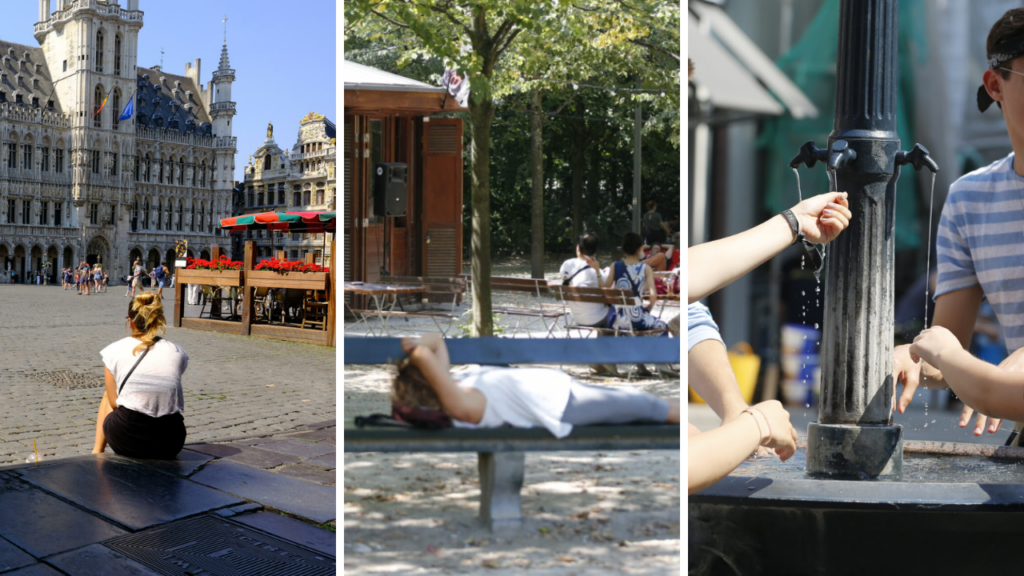Have you been feeling prickly lately? Moody, irritable? Maybe you have felt increasingly anxious, stressed, or just not good in general?
@LaurenWalkerH explains that this could be due to the heat.
While it is commonly known that extreme heat can be dangerous for people's physical health (as it can lead to heatstrokes or even an increased risk of blood clots), its effect of it on our mental health is less commonly known.
Where some people are thought to develop Seasonal Affective Disorder (SAD) due to the lack of sunlight during the shorter days of autumn and winter, hot temperatures can increase the stress hormone cortisol.
While high levels of this hormone can give people a sense of euphoria, prolonged exposure of the brain to a high concentration can result in negative side effects, such as irritability, emotional lability, and depression.
Additionally, the brain's levels of serotonin – neurotransmitters that are important for the feeling of happiness – can also be deregulated by extremely warm temperatures, making people more vulnerable to depression.
Research shows that for every 1°C increase in monthly average temperatures, mental health-related deaths increase by 2.2%. In places with temperate climates, high temperatures can trigger suicide deaths even up to one week later.
One of the study’s researchers, professor of environmental epidemiology Tim Nawrot, explained that while the heat is not necessarily the primary cause, it can be a “trigger” to make the final decision.
As another heatwave is expected to start this week and will likely last far into next week, people are strongly advised to make the necessary preparations to get through the heat.
How are you coping with the high temperatures? Let @Maatjee know.
Belgium in Brief is a free daily roundup of the top stories to get you through your lunch break conversations. To receive it straight to your inbox every day, sign up below:
1. Russian forces threaten to blow up Europe’s largest nuclear reactor
Russian forces are threatening to deliberately blow up the Zaporizhzhia nuclear power plant, stating that the site is already wired with explosives, according to Energoatom, Ukraine’s state-owned nuclear power station operator. Read more.
2. Increased anxiety and rise in crime: What extreme heat can do to mental health

While it is commonly known that extreme heat can be dangerous for people's physical health — from heatstrokes to an increased risk of blood clots — the effect of it on our mental health is less commonly known, even though these risks are equally concerning. Read more.
3. No tropical nights expected in Belgium this week despite upcoming heatwave
Belgium is at the start of its hottest week of 2022 with temperatures expected to exceed 35°C on some days, but night-time should remain relatively cool, as very few tropical nights are expected. Read more.
4. Most monkeypox vaccinations across French border given to Belgians
Just under 500 vaccinations against the monkeypox virus were administered in Lille, just across the French border, last weekend – most of which went to Belgians crossing the border to get the shot. Read more.
5. 'Situation could become serious' if no rain falls by October, but how likely is this?
Flanders' decision to not adopt additional measures to combat possible water shortages was defended by Environment Minister Zuhal Demir, who said that the situation now is not precarious, but could become acute "if no drop of rain has fallen by the end of October." Read more.
6. Dinosaurs and bouncy castles take over Brussels' Place Rogier
The Bouncy Games, an inflatable obstacle course with a bouncy castle, as well as the immersive Dinos Alive exhibition, have been set up on Place Rogier in Brussels, where they will remain for a few weeks during the summer holidays. Read more.
7. Hidden Belgium: An industrial canteen in Ghent’s old docklands
It gets busy in Ghent at this time of year, but not many tourists get beyond the historical heart of the city. One area that deserves to be explored lies on the edge of the Oude Dokken, or old docks. Read more.

